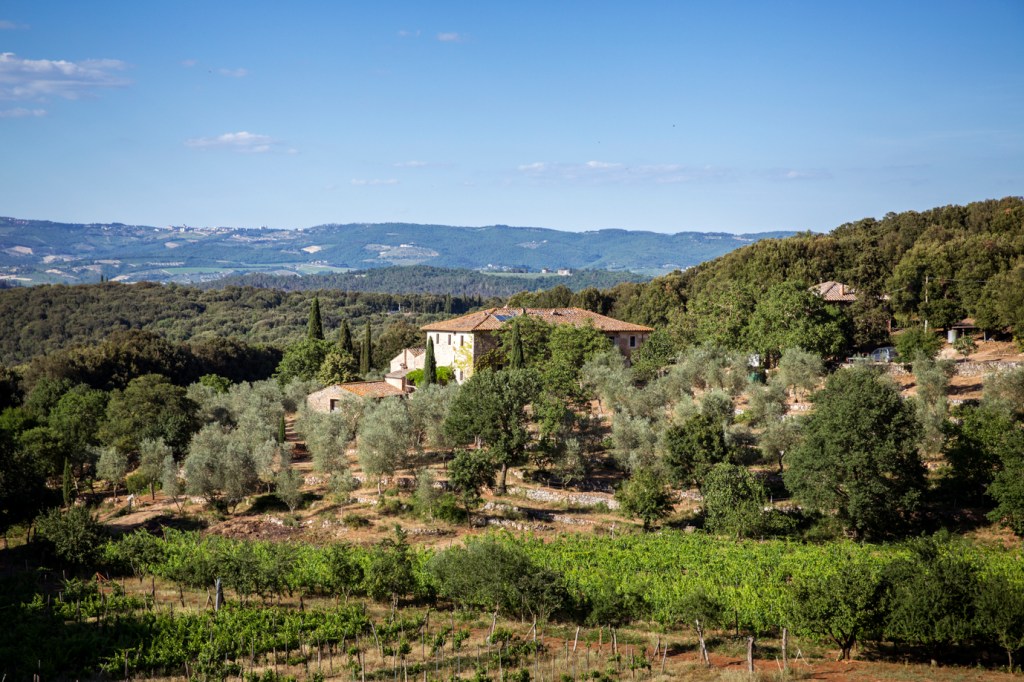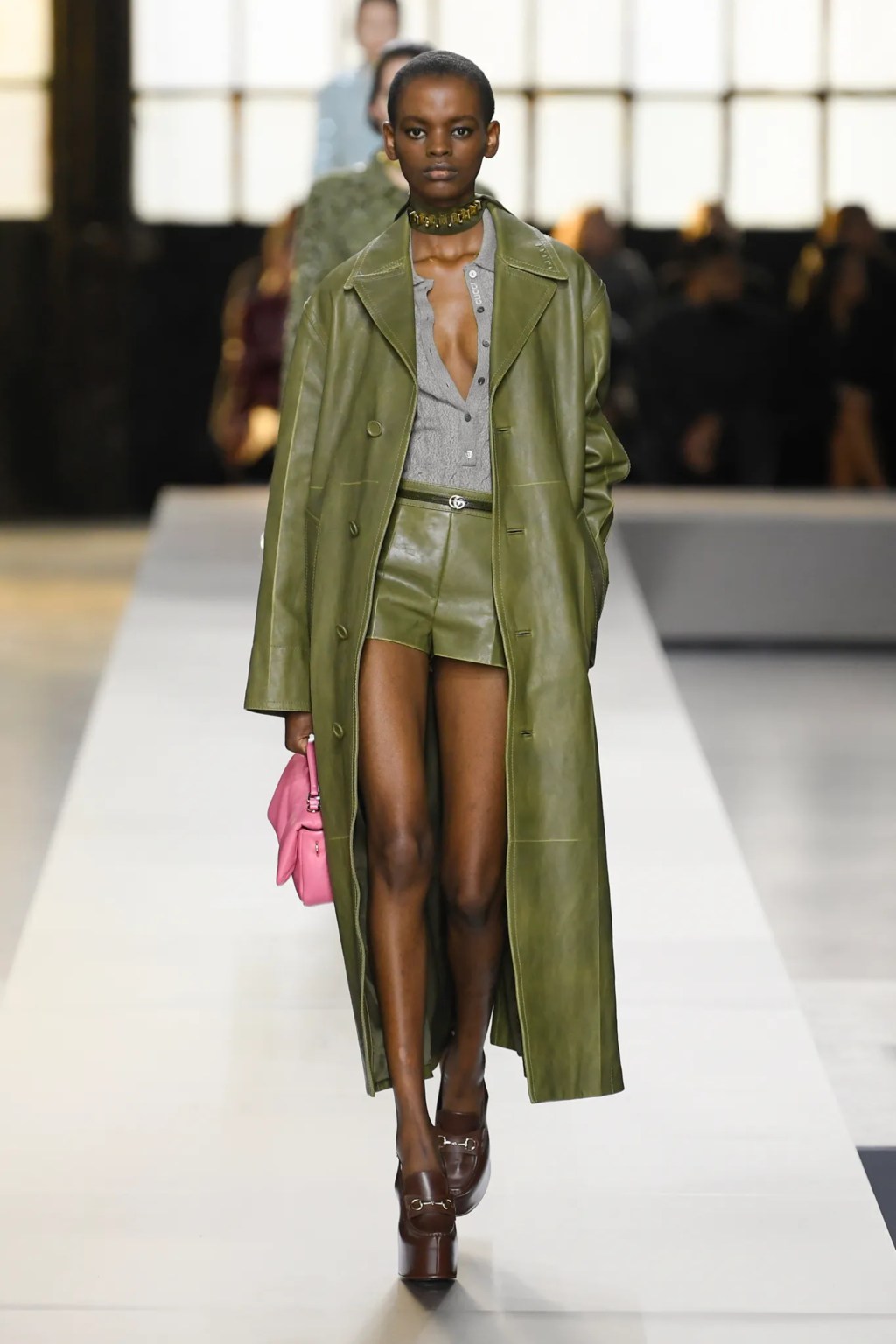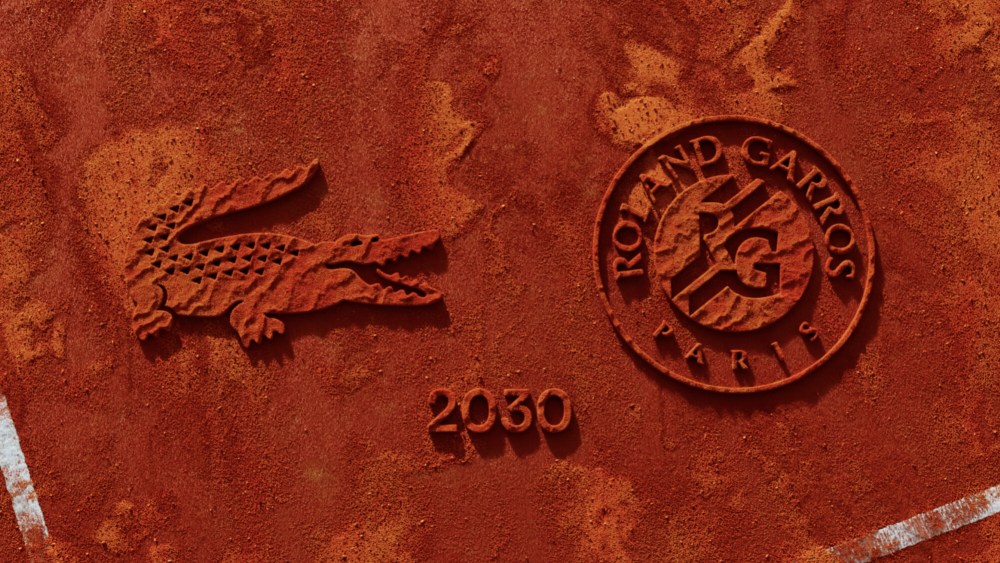A striking note of lavender bursts from the tiny wooden flacon wrapped in a rope ribbon that Sibilla De Vuono is opening to rub on her wrists.
The image consultant and personal branding expert is emptying a goodie bag full of products from her Tuscan hamlet Ebbio, which include olive oil with a mineral taste and fruit preserves, among other produce.
Nestled amid holm oak woods a stone’s throw from the Montemaggio hill between Siena and Florence, the site of a now-extinct volcano, Ebbio is unlike any other retreat in Tuscany, which is known for its numerous countryside getaways.
The history of the project has family connections and harks back to the mid-’80s when De Vuono’s mother, Francesca Bevilacqua, embraced the Osho Rajneesh philosophy, frequently visited India, temporarily moved to Oregon to live in a commune, and became passionate about traditional Chinese and Ayurvedic medicine, shiatsu and other holistic practices, as well as “any other ‘New Age’ trend she encountered along her path,” De Vuono says.
When Bevilacqua returned to Italy — going by her nickname Nirdosh — she acquired the farm a few miles south of the medieval hamlet of Monteriggioni and left Naples in 1989 dreaming of recreating the communal lifestyle she had experienced abroad.
De Vuono herself grew up as a vegetarian, at a time when this was viewed as an unusual choice. She has fond memories of her mother channeling all her efforts and proving resourceful amid difficulties to bring the estate alive. But as a regular teenage girl attending public school — albeit in an art-leaning institute — she never really loved the estate, nor her mother’s lifestyle, and suffered from being bred in such a “hippie” environment.
Talking from the Milan headquarters of the CB Made in Italy footwear brand in which she officially became a partner earlier this year, De Vuono says she left her family home at age 14 looking to free herself from her parents’ beliefs and lifestyle — an experience many teenagers can relate to. But she was drawn to it again a few years later when she read the book “Philosophia Perennis, Vol 1 Talks on Pythagoras” by Osho, the Indian godman, philosopher and mystic.

“I found that that book was genius, and I started studying a lot, practicing yoga… I eventually reconciled with my family’s values and realized that what set me apart from my mother’s fundamentals was just the aesthetics and the people she surrounded herself with,” she says.
“My mother’s been a pioneer of this ‘New Age’ wave, but she had little management skills,” De Vuono adds.
That’s the main reason why she joined her at Ebbio, temporarily at first in 2016, leaving her life in Paris behind, and imagining she would spend no more than a few weeks, months perhaps, helping her smooth over hiccups and then revert to her usual glitzy lifestyle split among New York, Mexico City, London, Riyadh and Paris.
Yet the trip was “a homecoming and the end of some sort of psychanalysis,” she says. “I got passionate about the fundamentals of my mother’s project, which were right although aesthetically they were not.”
Ebbio was her mother’s dream, until it became hers, too, in 2017.
“I guess that when you grow up with a person with such a strong dream, it eventually becomes your dream, too,” she contends.

Since joining the business she’s sought ways to update it and make it relevant to people that have little to do with the hippie, New Age movement that originally inspired the place. She worked to preserve its spirit — of mindfulness, peacefulness and a frugal lifestyle — but bring it into the 21st century with a shabby chic bent and penchant for providing a full Italian lifestyle experience.
A 13th-century estate with seven hectares of farmland that allow it to be self-sufficient up to about 80 percent, Ebbio is replete with an organic vegetable garden; a lavender field to produce essential oils; 250 olive trees; a chestnut grove, and a small vineyard, which De Vuono plans to replace with a herb garden to further frame the business as female-owned and managed.
The colonial-style farmhouse preserves the blueprint of about eight centuries ago, as it’s been barely modernized. Barring energy and a clean water supply — the former achieved by biomass stoves and solar panels, the latter made sustainable via osmosis filters to get drinking water — the 23-foot-high ceilings, original flooring, and 1,076-square-foot wooden-floored manger of the stately house were left untouched. The latter is used for yoga workshops.

Design is spare and thoughtful, or sustainable, with most furniture vintage or crafted from chestnut wood trimmed every five years from the estate’s grove. Earthy tones and the natural light filtering through the windows overlooking the rolling Tuscan hills contribute to the charming sense of peacefulness. The house can accommodate up to 20 guests split among nine bedrooms, none with en-suite restrooms.
“Through discomfort you can break free from the everyday and get out of your comfort zone,” De Vuono says, somewhat summing up the goal of creative retreats, weeklong yoga workshops and team-building stays customers buy into. “Staying away from what you’re used to, one can discover curiosity. It’s a different way of living, almost timeless. It could be anytime.”
Compared to similar countryside getaways, Ebbio only rents the entire house, rather than single rooms, in an effort to provide the most tailored experience for groups of like-minded people.

From April through early November, De Vuono organizes recurring retreats with yoga and holistic trainers scouted around the world or customizes the experience for any given group of guests. The list of activities Ebbio offers includes yoga and holistic health-related sessions, cooking workshops, food preservation (jamming, jarring, barding, sun drying, salt preserving) and natural cosmetic-making classes, wine tastings, art workshops, foraging sessions, horseback riding, biking and hiking, as well as group walks in the fields or in the neighboring sites of cultural and natural interest.
“It’s about community living,” De Vuono offers. “It’s your house. You come here to share the experience, there’s my mother’s furniture, a small art collection. It was important for me to keep this [familiar] vibe because that’s how my mother dreamed it, she left Naples to come live here in Tuscany.”
A huge dining table that can accommodate all 20 guests, the entrance hall equipped with an ancient wood-burning oven to make bread and pizzas and the fireplace dominating the second floor’s communal space enhance the at-home feeling.
De Vuono is now strongly committed to Ebbio and has plenty of plans for it, including the creation of a bio-lake, an artificial lake that integrates with the natural environment; the implementation of a photovoltaic system, and furthering the concept of female farming, still underdeveloped in the region, she says. She leaves cooking duties to her mother, who prepares veggie recipes based on the day’s harvest.
“It’s creative cuisine,” De Vuono says — and visually striking, one might add. That’s probably why De Vuono has a cookbook in the making.

After joining Cecilia Bringheli in leading the footwear brand CB Made in Italy that the former had founded in 2010, De Vuono found balance in splitting her time between Ebbio and Milan, where the company is based. Since she joined, the brand has opened its first store in Florence and retooled its business to further spotlight the values that, Bringheli says, the pair discovered they share: timelessness, craftsmanship and high quality.
Just like Ebbio.



